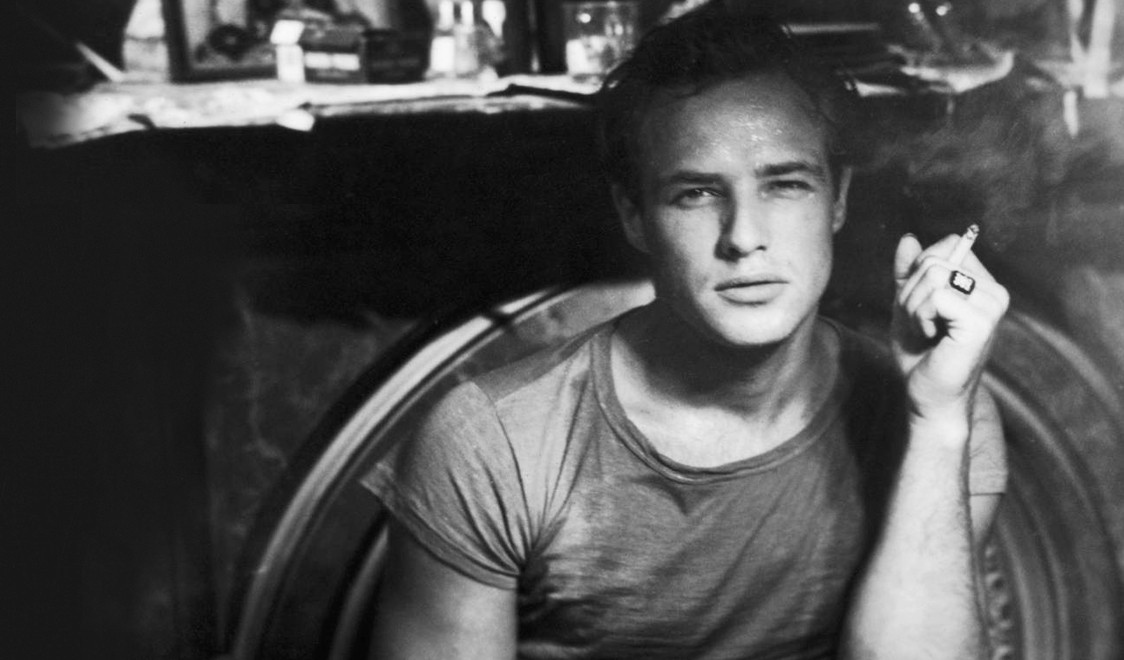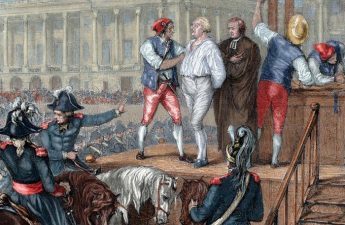Many people assume that progressing in a craft or a hobby is about the thing you are doing per se. But that is nothing but a mere distraction. A means to an end that depicts how further ahead you can get as a person. It wouldn’t be hard to imagine that whatever level you reach in one thing you could easily transfer in another medium as well, assuming there is no physical restriction or phycological factor blockading you. So putting it more clearly, whatever it happens to bother your hands with, is only there to pinpoint the level you have reached as a person and as you go along with it you can only develop who you are first before it manifests to your craft as leveling up. And that is a reality that is elusive to most people that stumble in competitive and defensive patterns when all they had to do is turn back on themselves.
The movie ‘A streetcar named desire’, written by Tennessee Williams, was a play that brought huge controversy and conflict for its social connotations and immoral attitude. The protagonist, Stanley Kowalski, was one of the most raw, animalistic and instinctual characters someone could ever devise of, living with his heart up the sleeve. His raw impulsivity would drive him to all kinds of unedited behavior, with strong, head-to-head confrontations, screams, and full-blown devouring of food with the raw hands. His unrefined passion would alternate him from the beating of his wife to unraveling loads of love and desire on her with the melodramatic rollers spinning continuously to a never-ending circle.
But what is dazzling about this is that the character as was initially written, was supposed to be much more aggressive and angry in his expression without any sign of sensitivity or taste. What Brando did with the role was to take one of the most hated and despicable of personas and make him somewhat more likable and relatable even. Kind of the same journey you go through by watching Antony Hopkins playing Hannibal Lecter where you are surprised to find yourself developing intimate feelings for one of the worst cannibalistic criminals ever conceived.
“There is nothing about me that is like Stanley Kowalski. I hate that kinda guy. I absolutely hate that person and I couldn’t identify with it. The brute, dark character that represented the beasts and the animals.” — Marlon Brando
But here lies the depth of Marlon who besides his unsympathetic initial view for the character managed to dig deeper into it and find a place from which he could relate with him. Sure in the first view he is the evil guy of the story, he mistreats Blanche from the get-go, he questions and vilifies her with his animalistic vibe contrasting the sensitive high-class lady that tries to show understanding to his raw methods of living. But as we progress in the movie and truths are revealed step by step, we see how the lines of who is good and who is bad get more blurry and there is no clear villain in the story.
“I was able to see Blanche as the villain — as Stanley, you see. As Marlon, I feel terribly for her and her poetic soul, but she has entered a house and has lied and seduced and is willing to bring it all down, and Stanley has to stop that; Stanley has to protect his home. So Stanley destroys her the only way he knows how — through sex, which he bounces back at her like a bad check. “ — Marlon Brando.
Why we like Hannibal
Imagine this scenario. Agent Clarice hits the door of the office of the well-established and prominent psychoanalysts Hannibal Lecter. He asks for his brilliant advice on how to catch a serial killer that is cunning and leaves no trace behind for them to hang on. But there is a difference between what happens in the movie. This time Hannibal is not locked up for his cannibalistic tendencies and in fact, he has zero desire or inclination in any kind of criminality at all. He just specializes in serial killers and has the experience of helping the FBI and other agencies in profiling these kinds of criminals. How would you feel about this version of Hannibal Lecter assuming ceteris paribus and everything else remains as was in the movie.
If you are anything like the raw cannibal I am, you would say that version would still be kind of OK but not as intriguing as it was with the actual character. And that is because there is a catch in his killings. You see, Hannibal Lecter is not killing merely any person. He actually has sympathies and personal attachment with people he appreciates as for the likes of Clarice. But he only kills the people he disapproves and finds untasteful for their behavior, and what greater demolishment on an opponent would be than actually eating them! At some point, he also mocks and plays out on high-class people by feeding them human meat. And assuming that again you feel a natural dislike for all the pretentious and grandiose acts of high-class people drinking their champaign in style as they wear their papillon, you would find a hidden pleasure in him doing this as well.
And so Hannibal takes the role of revealing all our hidden feelings to the people we dislike and loath in our daily life but justifies it with his brilliance and depth of human understanding. As a psychoanalyst of the highest caliber, he is permitted to all those feelings as he represents the insightful God that can see through the psyche of everyone. And thus all the killings take a different spin that he uses to show his unrestricted contempt to his victims. A pure celebration on the side in us that wants to simply express all these but can’t or doesn’t even know if they are right, to begin with. Hannibal Lecter is unedited in his expression and lets all his true thoughts and feelings come forth by the incredible combination of a genius and a monster that we all kind of keep inside us as well.
For all those feelings restricted inside us bursting to expressed Hannibal has an answer and he says they are all right and justified and thus they can find their natural outlet.
And what would it be if the great actor Antony Hopkins hadn’t found that side of the character that is actually a little bit more reasonable and understandable and tried to bring that into the table? What if he had impersonated the role with scorn and disdain on him for his extreme crimes and all his unsuitable tendencies within the modern society? Well, as you guessed, we wouldn’t have the brilliant interpretation of the play he actually gave us.
Apocalypse Now
Amidst the craziness of the Vietnam war, a secret mission is directed to Captain Willard to terminate the life of Colonel Kurtz (Marlon Brando). The once rightful and appropriate soldier went mad and revolt against his superiors, teaming up with the locals down in the deepest parts of the Colombian jungle. Signs of betrayal and mistrust leave no option to his previous team but to send out for him and cut him off from his divergent path.
But again what the role was supposed to be and how it was adopted and interpreted by Marlon were 2 completely different things. The original character was a much more blatant version of evil that would ravage and manipulate everyone into achieving his selfish goals. And again with the deep and cunning insight, Marlon took a different approach to the character, by pulling out aspects that would have not been easily perceived otherwise.
What we see is not an outright traitor, but a person that went through the bleakest and darkest places, came face to face with the ugliest parts of the world and gave up on it by abandoning its ideals and values. Many people interpret him as playing God but more precisely, he is playing the devil that is denouncing the world that is offered to him to create his own. He went through the horror and terror and came out as a semi-God, tittering between darkness and light, hell and heaven, devouring into the raw and powerful yield of a pagan cult. His T. S. Eliot recitation of the ‘Hollow Men’ poem is another explanation of the emptiness he finds inside him, and his performance on the ‘Horror’ scene is one of the most unforgettable performances in film at all times.
“He should be mysterious, a mythological figure. He is the heart of darkness.” — Marlon Brando
One thing is for sure, Marlon was the first actor ever to denounce the fake and pompous acting that was used before him and bring a more authentic and natural spin into the art. And as such he has been an inspiration to all that came after him, showing them the road of what is possible.
0“I watched some of Brando’s dailies. I watched nine or ten takes of this same scene. Each take was an art film in itself. I sat there stunned by the variety, the depth, the amount of silent articulation of what a scene meant. It was all there. It was one of the wildest things I ever put my eyes on.” — Jack Nickolson




